“I’m trying to use specially curated travel to the African continent as a way to elevate the work of African women who are preserving Africa’s iconic wildlife and to strengthen the vital tourism sector,” Deborah explains. “Tourism and conservation go hand in hand, and through Roar Africa’s travel experiences, guests learn about the importance of the conservation of Africa’s wildlife and wild spaces while meeting remarkable women leading the way in the tourism industry.”
I’ve had the privilege of working with Deborah to curate some of these experiences that we call “learning journeys” to extend ROAR AFRICA’s mission to uplift African women and further engage the global women’s community with their challenges and their accomplishments.
Each year, we invite a small group of women leaders, across generations and geographies, to come with us on a travel experience designed as Deborah says, “to create a learning experience for women, led by women, which brings gender equity onto the front lines and sets in motion a change through the power of perception in the safari industry.”
ROAR AFRICA, a travel company that employs 85 percent African women, is having that impact through these women’s empowerment journeys and other philanthropic focused efforts, such as support for the South African College for Tourism, which trains young women from the most vulnerable communities for jobs in the tourist industry, including jobs previously held only by men, like tracking and anti-poaching units.
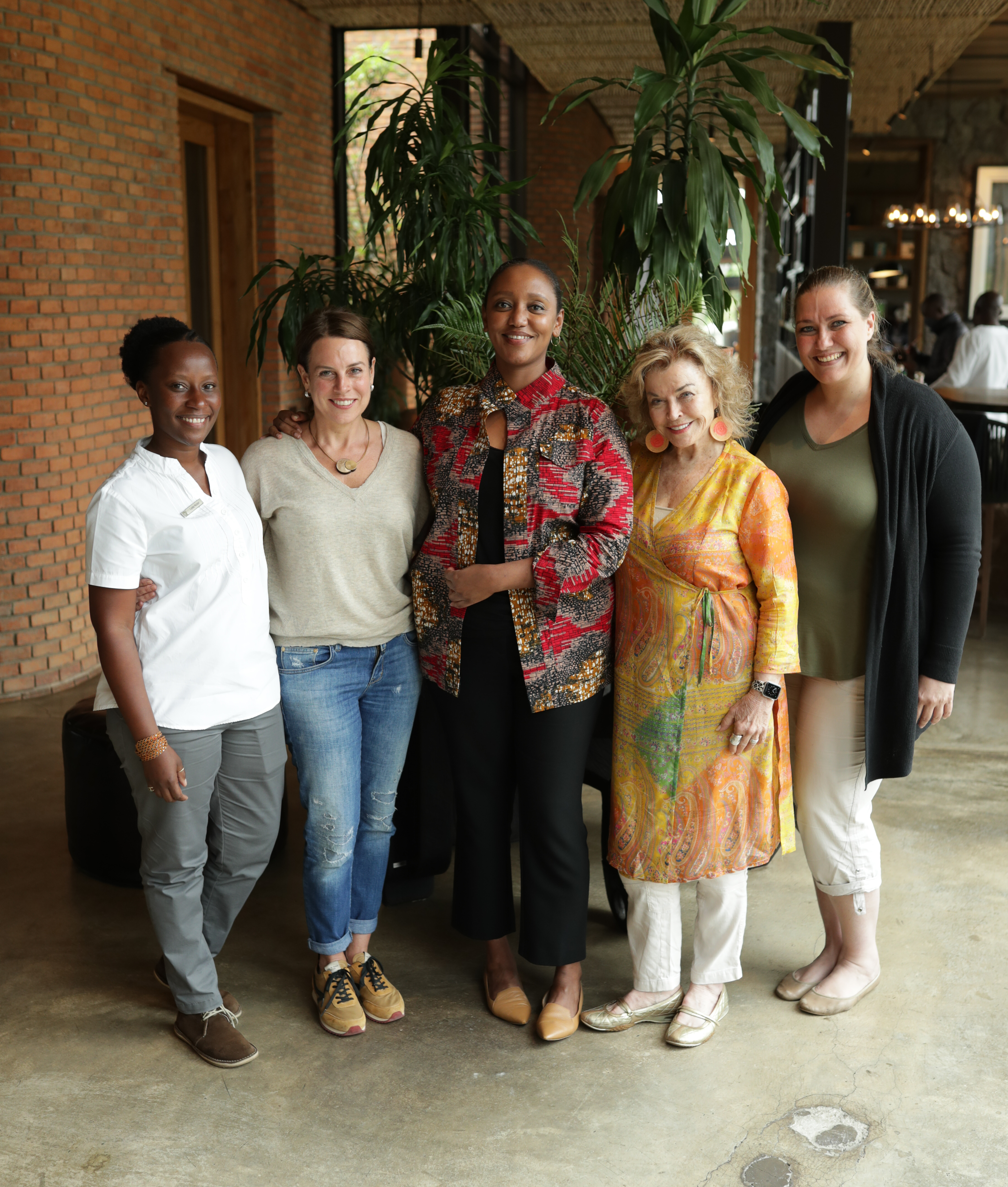
ROAR AFRICA was instrumental in the creation and ongoing support of Kenya’s only all-female anti-poaching team, and on our first women’s learning journey to South Africa, we stayed in a camp mostly led and staffed by women, including the only female tracker certified at the time. On a later journey to Kenya, we were flown to our camps by female pilots, and on every game drive, female rangers led our sightings.
This year, we chose Rwanda as one of the best models for women’s leadership and economic empowerment on the continent. Sixty-one percent of parliamentary seats and 52% of cabinet positions are held by women. A large percentage of Rwanda’s largest companies are led by female CEOs. We spent time with several of them, learning from them the ways this country recovered from the devastating genocide against the Tutsis in 1994 which led to the death of more than one million people, including an estimated 500,000 to 800,000 Tutsis. Now, decades after the country was torn apart, Rwanda has become a model for luxury low footprint tourism and conservation—from a ban on all plastics (which means clean streets and beautifully maintained public parks), to a monthly mandatory community clean-up to a very palpable sense of a country newly unified by a strong leader who seems to recognize the contributions of women to the recovery and to the future of Rwanda.
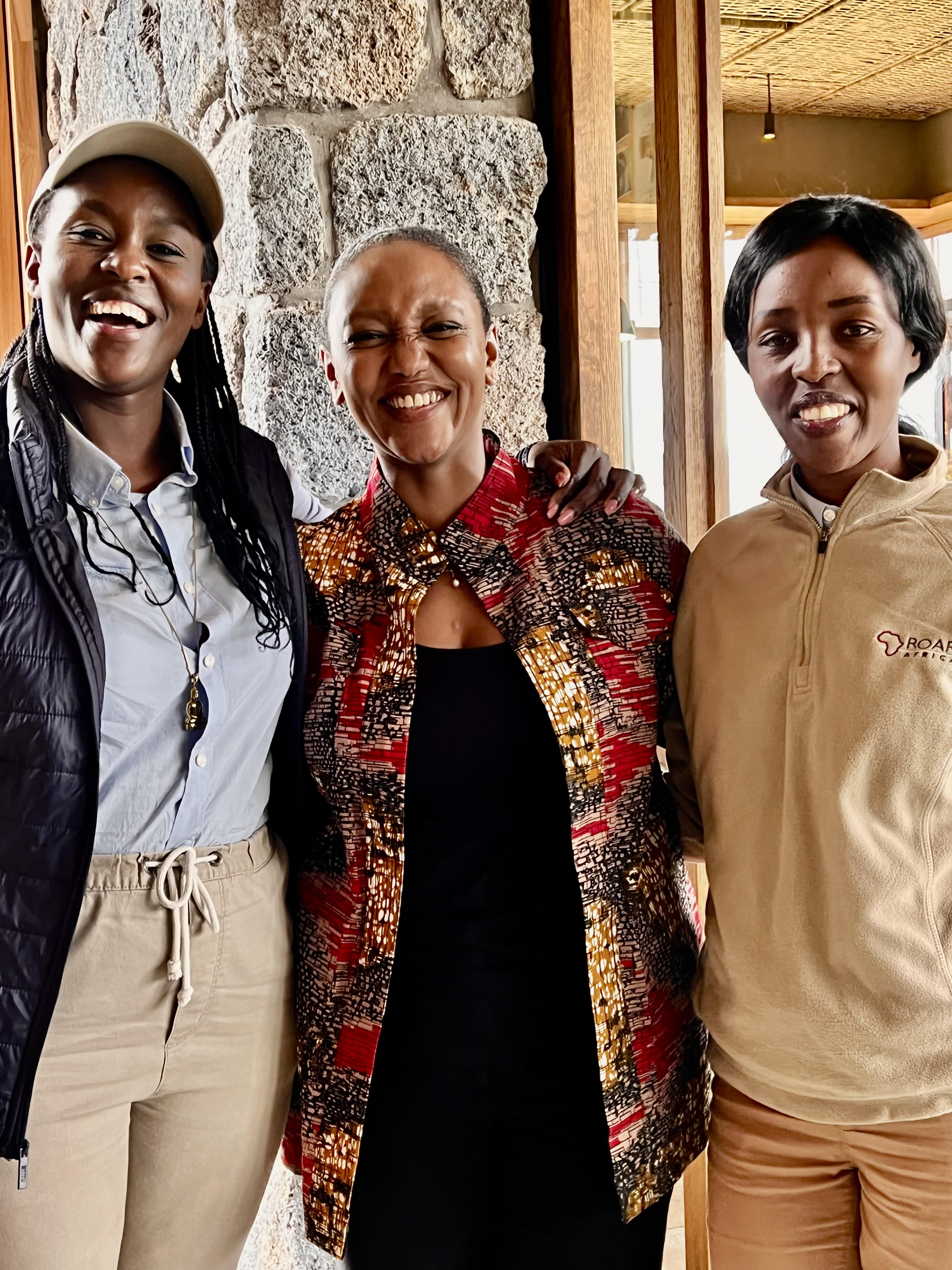
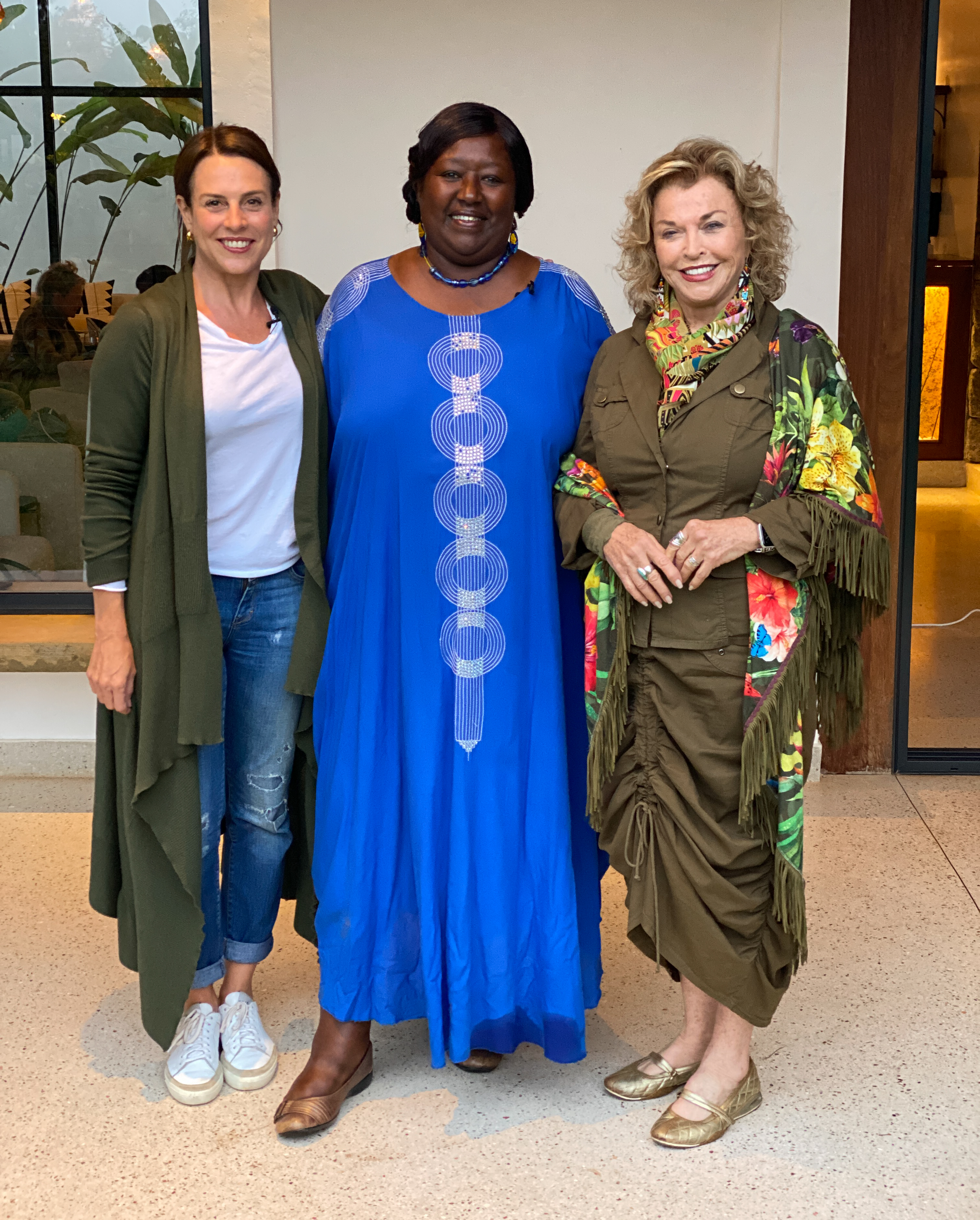
Among the country’s most well-known, highly respected leaders is Dr. Agnes Binagwaho, the vice chancellor and co-founder of the University of Global Health Equity, an initiative of Partners in Health. She had dinner with our group and shared the many frontline challenges she faced as the former Minister of Health, battling the AIDS epidemic as well as Ebola during her years in the government. With understandable pride, she spoke about the outstanding progress Rwanda has made in creating access to quality healthcare at a fraction of the costs of other, more so-called developed countries, like the U.S.
Dr. Agnes is known globally as a powerful voice for greater equity in healthcare and as a problem solver focused on training the next generation of community health workers who are changing the delivery of healthcare everywhere on the African continent. Hers is a mission inspired and promoted by the extraordinary Dr. Paul Farmer who died in Rwanda on the campus of Agnes’s institution on the very night that she was speaking to us. He was teaching at the University, which he and Partners in Health co-founded, and it was with profound sadness that Dr. Agnes informed me the next morning of Paul’s death, a loss we carried in our hearts throughout our week in the country where his work has been transformative, as it was in Haiti and as it was in the hearts and minds of anyone privileged to have ever crossed his path.
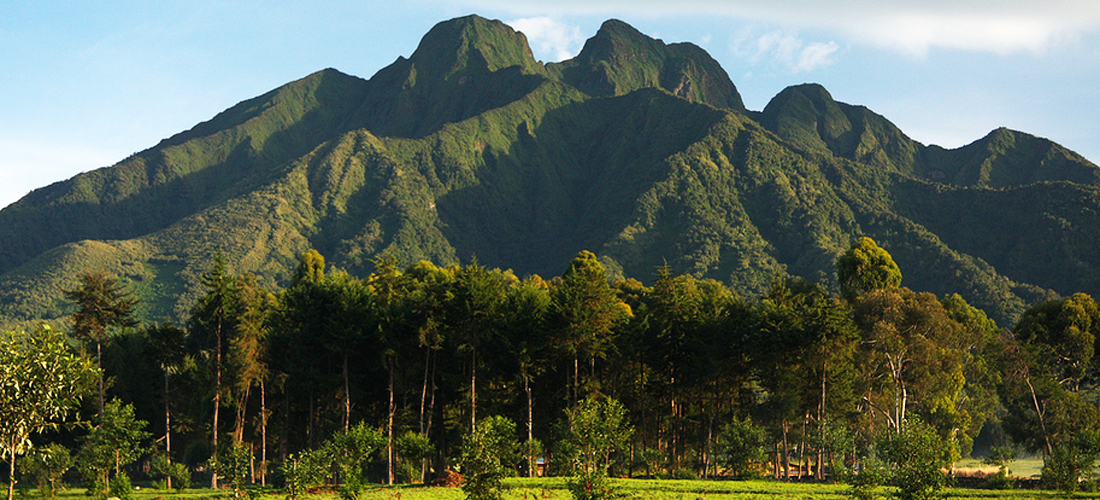
Our path on this specific learning journey led us next to the incredible beauty of Rwanda’s Volcanoes National Park and the exquisite Singita Kwitonda Lodge built at the foot of the Volcanoes National Park where the mountain gorillas and golden monkeys make their habitat. There we met one of the few African women who has risen to a top position in the safari business. Singita General Manager Lydia Nzaya told us about its 100-year conservation vision that combines dedicated conservation work guided by biodiversity and sustainability principles with eco-friendly tourism. “It gives me a sense of purpose to be part of the change we all want to see for the next generation. Contributing to conservation in my home country is a reason for me to wake up every morning with a smile. I am extremely proud to take up this opportunity,” she told us.
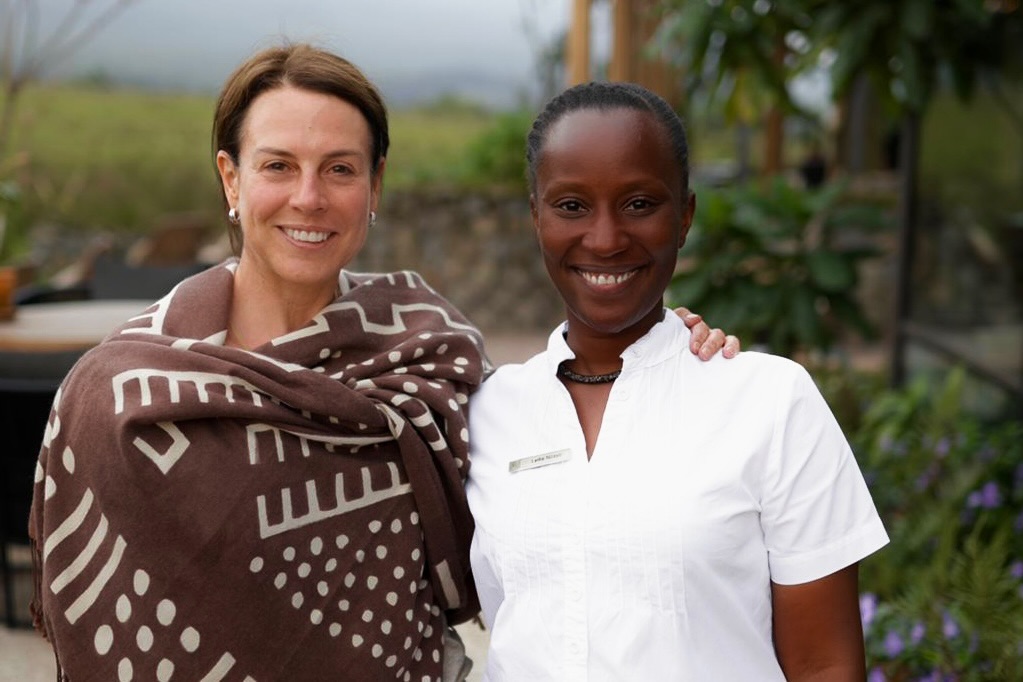
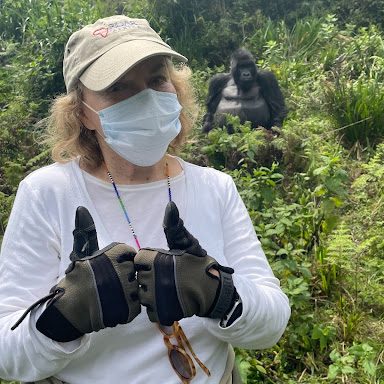
Lydia is a perfect example of that African maxim I mentioned earlier — African women rising and wildlife thriving. The morning after her presentation, we visited the thriving gorillas in the Volcanoes National Park. Trekking to see them is one of the most unforgettable experiences I’ve had on the continent.
It’s impossible to describe the feeling of being so close to these magnificent animals who are habituated enough to humans to allow close encounters — on their terms of course, and with trekkers masked to protect the gorillas from our diseases. More than a third of the world’s remaining mountain gorillas live in the high-altitude cloud forests of Volcanoes National Park.
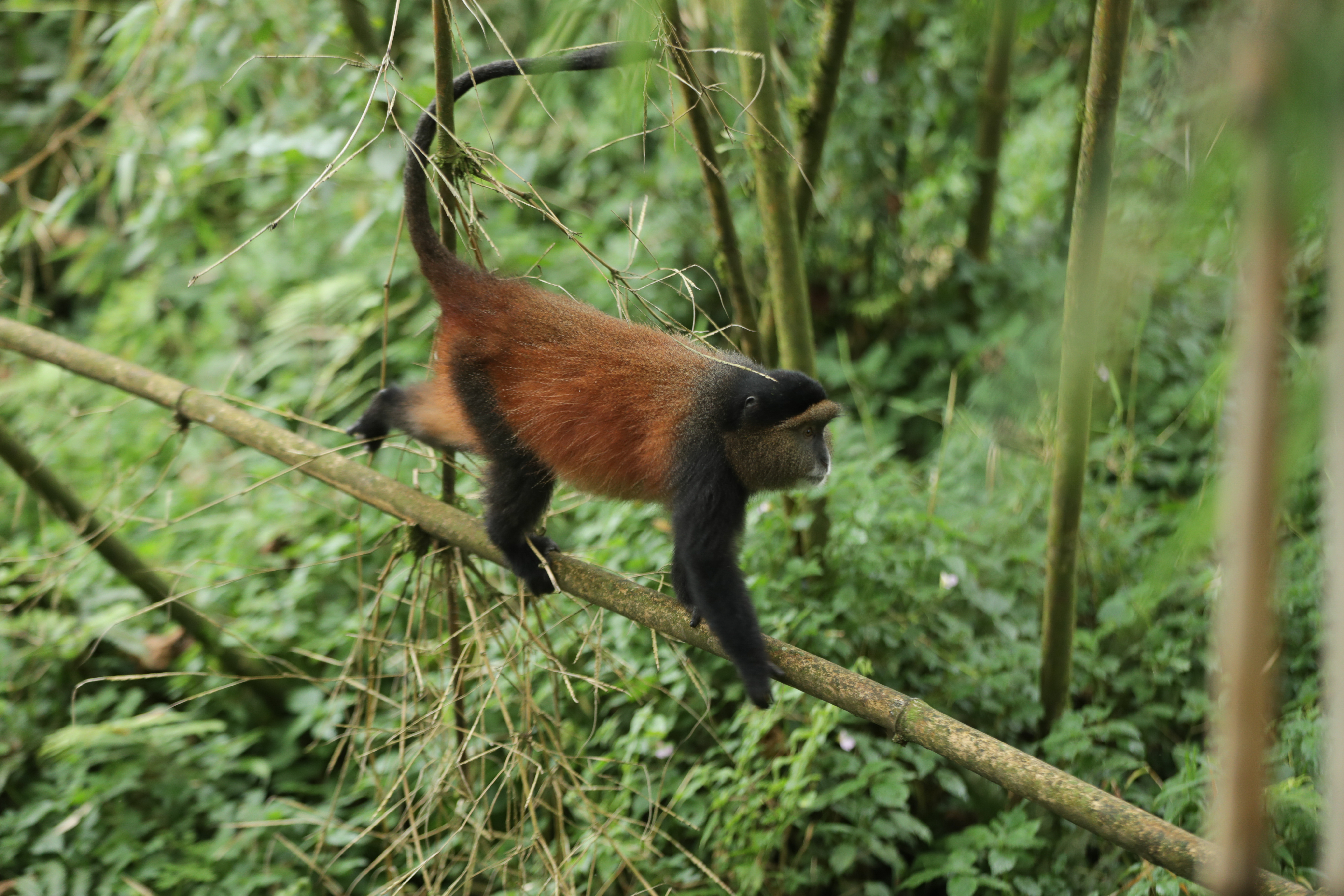
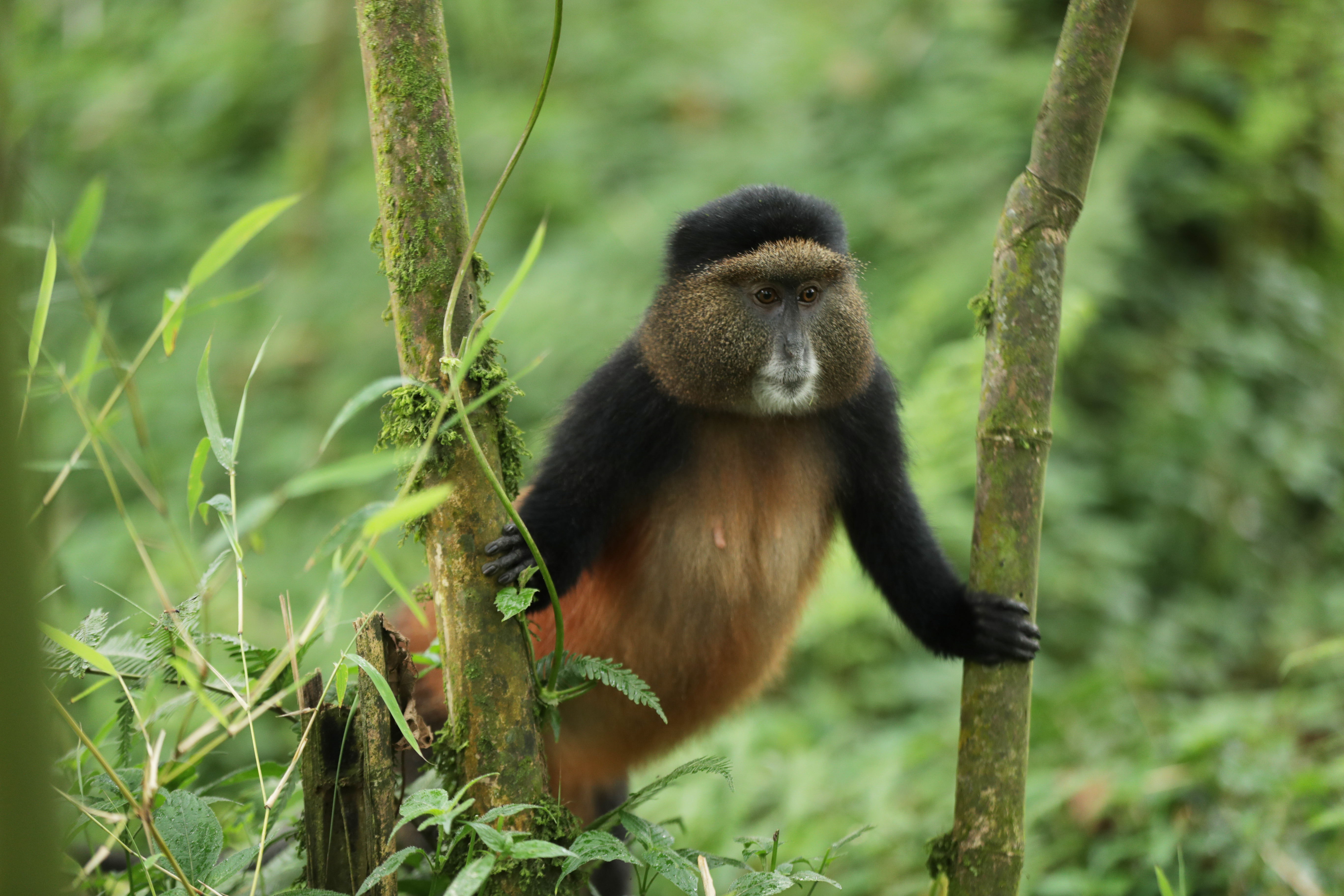
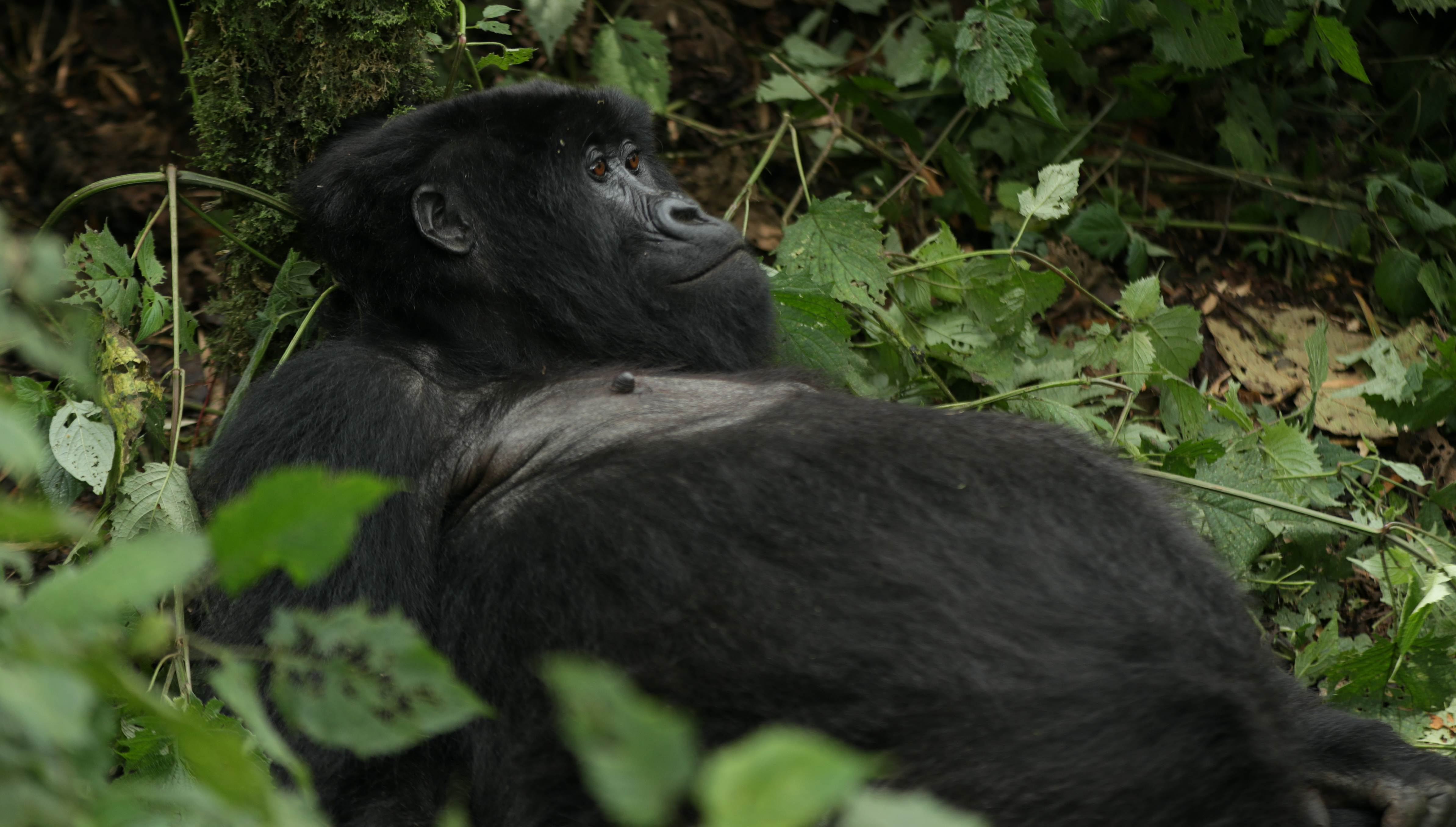
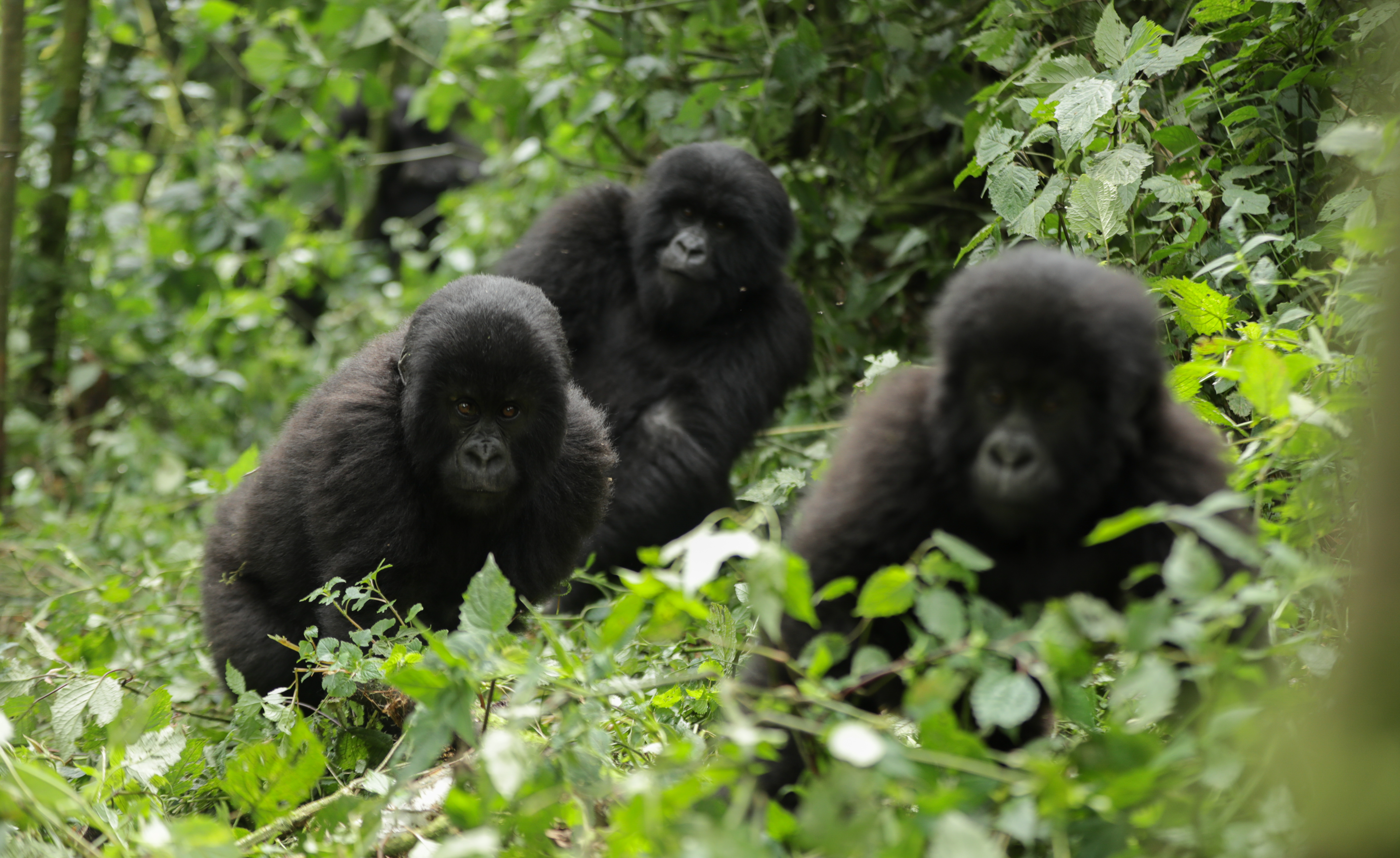
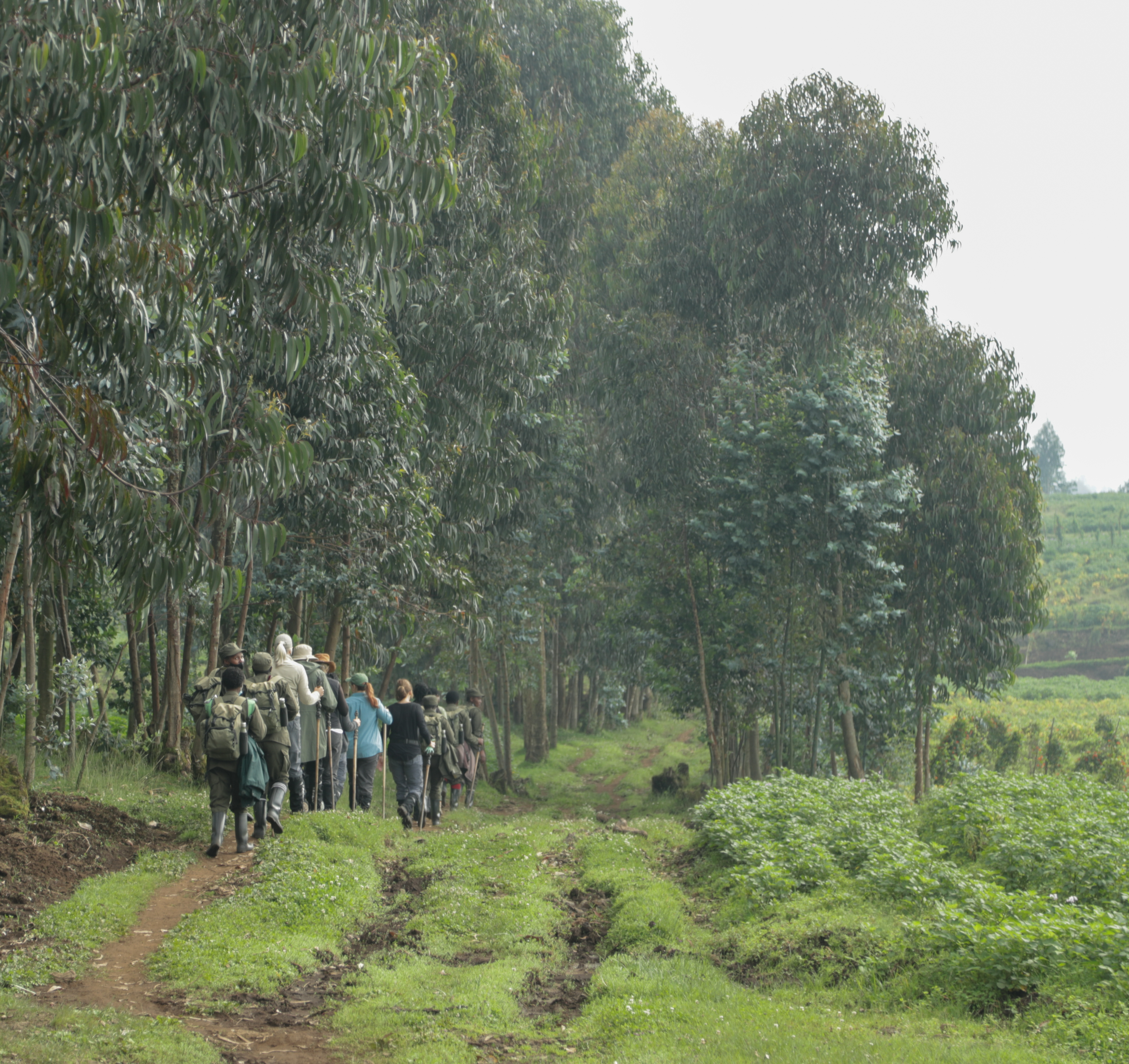
It was here that conservationist and primate expert Dian Fossey spent more than two decades studying the gorillas, raising awareness of their plight and setting in motion a dedicated movement, the Dian Fossey Gorilla Fund, to protect them. Today, there are 10 gorilla groups accessible to tourists (around 175 gorillas), and another 10 families that are protected for research purposes, continuing the legacy of Dian Fossey.
Our guides for this extraordinary experience and encounters were two women park guides, Loyce Gashumba and Jolie Mukiza, who shared with us the importance of tourism in supporting the communities, providing job opportunities like the ones they enjoy and excel at, and in managing the still challenging human vs. animal conflicts to keep conservation and development in balance.
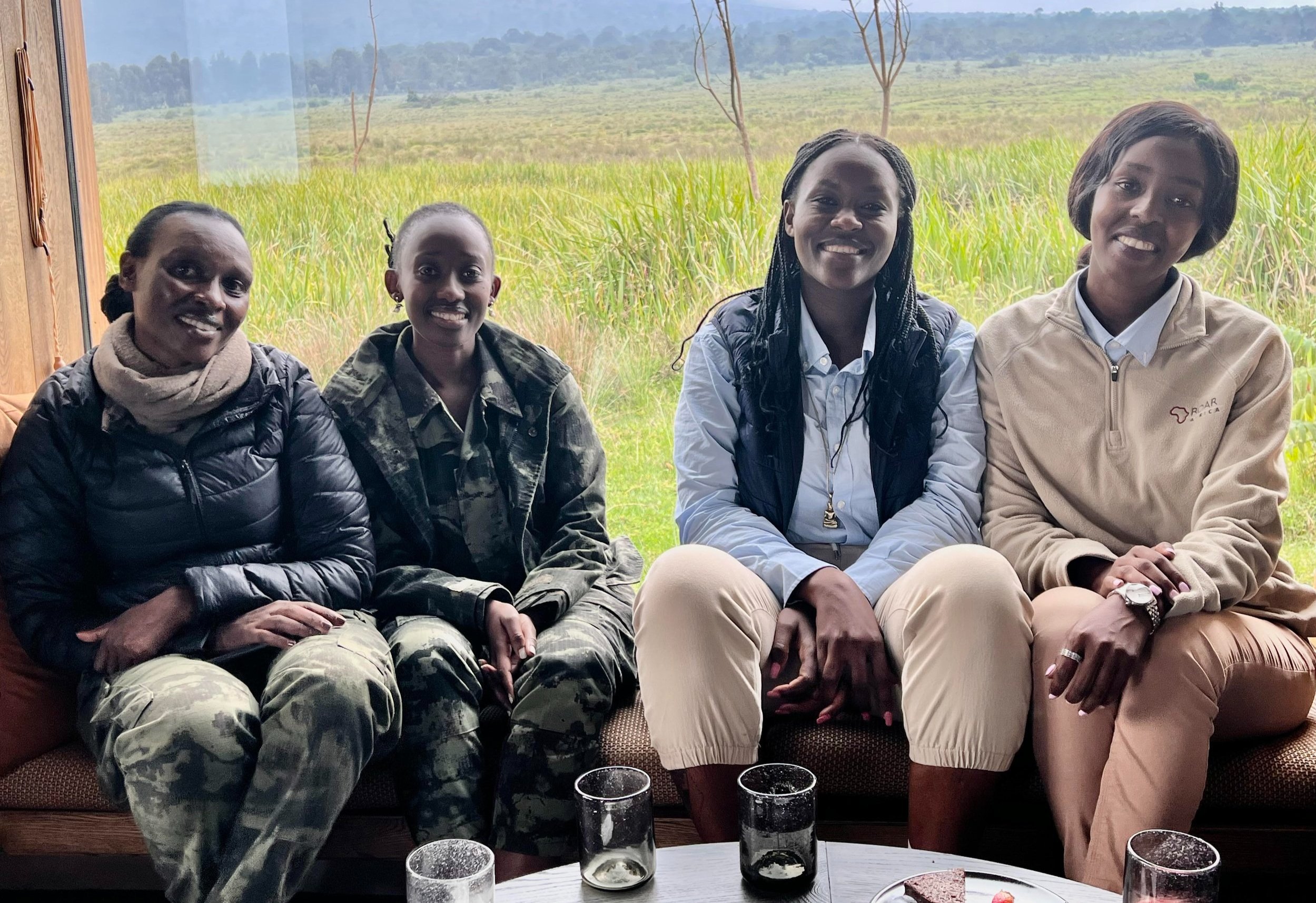
It’s clear to all my friends, family, and you who take the time to read my posts, that I believe travel is one of our greatest teachers. Every place I have been privileged to visit has had long-lasting impact on the way I see the world and think of my place in it. Growing up in a small town with no opportunities or means to travel — taking my first airplane flight at 19 – and being innately curious and a lifetime learner, I am challenged to turn down travel to almost anywhere! I have been fortunate through my years in media — and for the past two decades, through my work with a global community of women — to have traveled to nearly every region and six of the seven continents. But the African continent holds a special place in my heart, and I am grateful to have this opportunity with ROAR AFRICA to share my love, admiration and inspiration with others.
Onward!
-Pat


